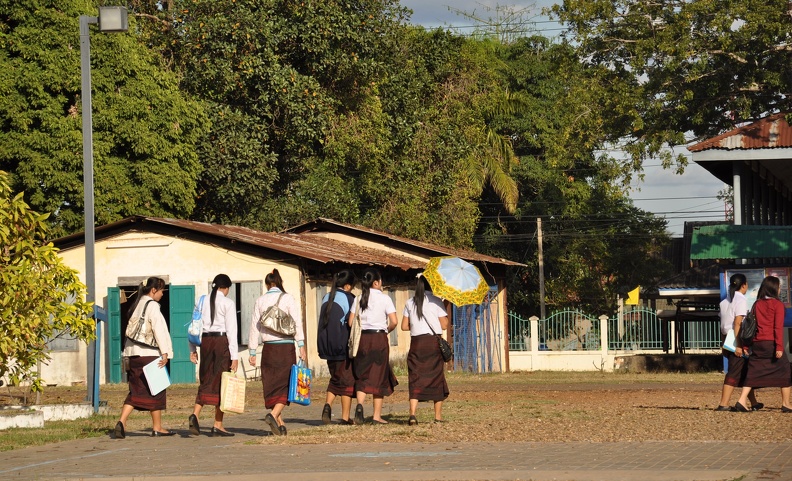Visiting scholar Charles Gore
Tuesday 5th February
10.15-11.45Unioninkatu 35, 3rd floor, room 344ABSTRACT: This presentation, based on on-going work, seeks to reconstruct how the idea of poverty became a global concept in the 1970s. This occurred as modernization theory was challenged and various alternative visions of world order were put forward in a context of deepening global interdependence. The frame shift in the conceptualization of poverty, which was articulated through the notion of basic human needs, preceded – and became intertwined with – the take-off of international human rights practice in 1977. This was a fork in the road which has led to the world we live in today. Reconstructing the history of how poverty went global then enables the imagination and design of alternative just world futures now.BIOGRAPHY: Charles Gore is a Visiting Scholar in Development Studies in the University of Helsinki from January to June 2019. He is an Honorary Professor in Economics at the University of Glasgow, a Research Associate in Global Studies at the University of Sussex, a Non-Resident Senior Research Fellow at UNU-WIDER and a Fellow of the Academy of Social Sciences (UK). Between 1999 and 2008, he was team leader and principal author of UNCTAD’s Least Developed Countries Report, and from 2008 until 2012 he was Special Coordinator for Cross-Sectoral Issues, directing research on Africa and on least developed countries in UNCTAD.
Originally trained in economic geography, he has a Bachelor’s and a Master’s degree from the University of Cambridge and a Ph.D., based on two years fieldwork in Ghana, from Pennsylvania State University. He was a Lecturer in Development Studies at the University of Wales from 1976 to 1991, and during that time he wrote Regions in Question (Methuen 1984, re-issued 2011 in Routledge Revivals), and worked as a consultant for UNCTAD on why landlockedness is a development problem and what to do about it. In the 1990s he worked more closely with UN agencies in Geneva, writing chapters for UNCTAD’s Trade and Development Report (1994, 1997, 1998), and managing two multi-country research projects – one (in UNCTAD) on lessons of East Asian development for Africa, and another (in the International Institute for Labour Studies, ILO) on the global applicability of the concept of social exclusion.
His academic publications examine the nature of the explanations, normative judgements and discursive narratives which underpin international development practice. Topics addressed include: how geographic space is linked to development in explanations of regional development; methodological nationalism and the misunderstanding of East Asian development; the nature of the Washington Consensus; Amartya Sen’s concepts of entitlement and capability; and the romantic violence of the MDGs. He is currently working on a history of how the idea of poverty went global in the 1970s, which is part of a broader examination of the concept of global goals.
